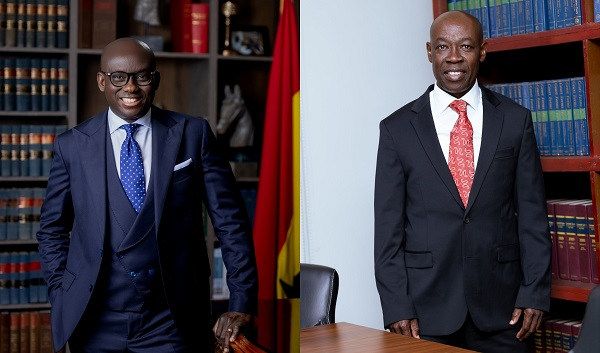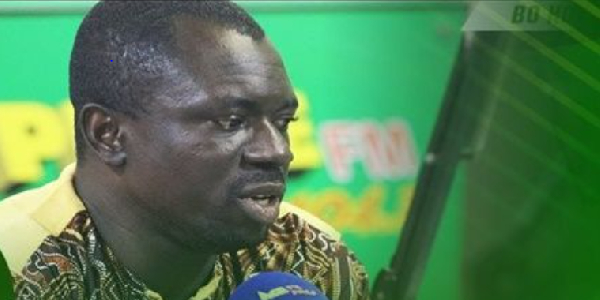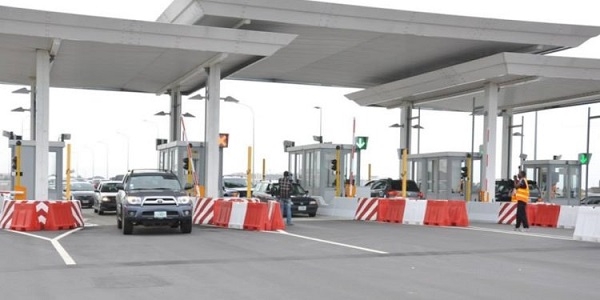Ghana's in-camera justice system eroding transparency which should not be sacrificed for administrative convenience - Prof Appiagyei-Atua
Speaking on Joy FM’s Newsfile programme on Saturday, [May 25, 2025] Prof. Appiagyei-Atua argued that holding the hearings in camera is undermining public trust in the judiciary.
He added that the current constitutional framework allows for political interference in judicial accountability processes.
“This in-camera provision was meant to protect dignity, not to conceal proceedings,” he said. “Yet, the public has a right to know how their Chief Justice is being judged. We are sacrificing transparency for what, administrative convenience?”
Under Article 146 of the 1992 Constitution, disciplinary proceedings against justices of the superior courts are conducted by a committee appointed by the President following a petition.
Prof. Appiagyei-Atua contended that this arrangement has been altered to serve political interests, with the executive exerting undue influence.
“The executive’s hand is clear in this process,” he said. “When the President selects the committee and the Attorney-General’s office is involved at every stage, this ceases to be about judicial accountability. It becomes purely political. I have studied judicial processes across Africa, this is a clear erosion of the separation of powers.”
He criticised the structure of the removal process, where judges are required to judge their own colleague, saying it damages both judicial independence and public perception of fairness.
“The whole architecture is flawed,” Prof. Appiagyei-Atua said. “How can judges sit in judgment over a colleague from the same institution? Even the perception alone weakens judicial independence.”
He linked these procedural issues to broader constitutional weaknesses, asserting that the impeachment crisis reflects long-standing systemic problems rather than an isolated incident. He urged for thorough constitutional reforms.
“We have debated constitutional reform for decades,” he noted. “The 1992 Constitution is like patching an old car when what we need is a new engine. Issues such as Article 71 and this impeachment process are just symptoms of systemic failure.”
Prof. Appiagyei-Atua’s remarks come amid widespread public debate about transparency, legal propriety, and the future of judicial independence in Ghana following the impeachment proceedings.
He called on civil society, the legal profession, and political leaders to prioritise constitutional reform, warning that failure to do so will further erode trust in the country’s democratic institutions.
“Ghanaians are watching. If we do not address these foundational problems, we will continue to face crises like this, only worse,” he said.











